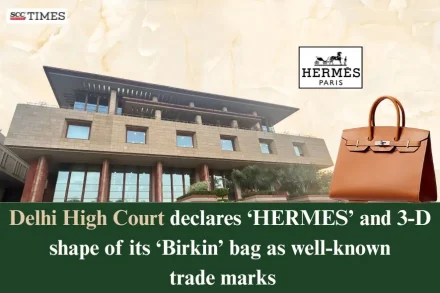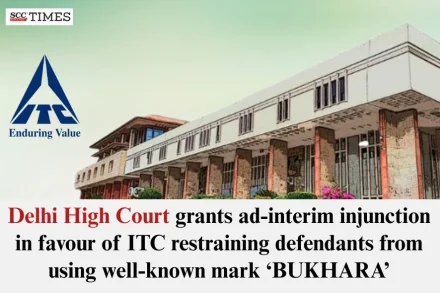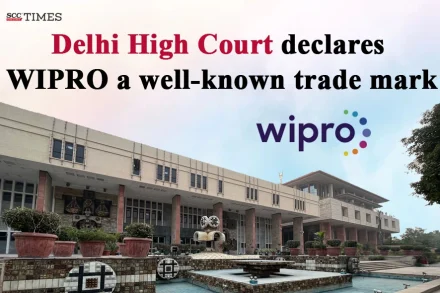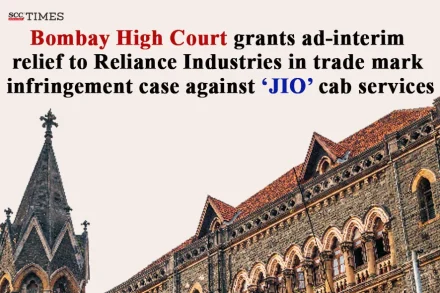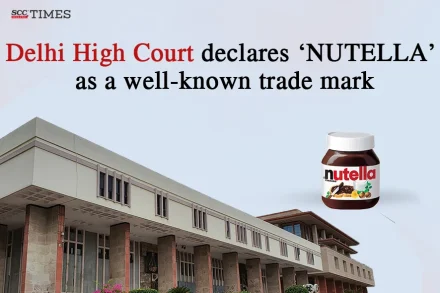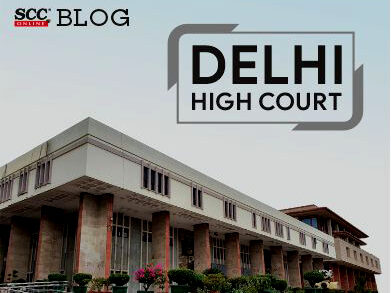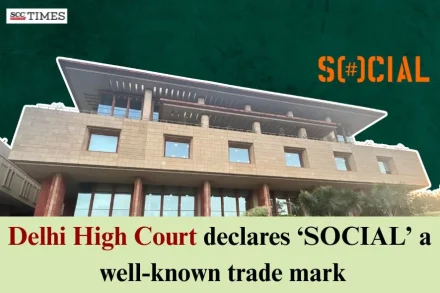
Delhi High Court declares ‘SOCIAL’ a well-known trade mark
“The recognition accorded to the SOCIAL mark by industry associations in India and consistent enforcement of the plaintiff’s rights in the mark before the Courts in India reinforces the mark’s distinctiveness and reputation.”


